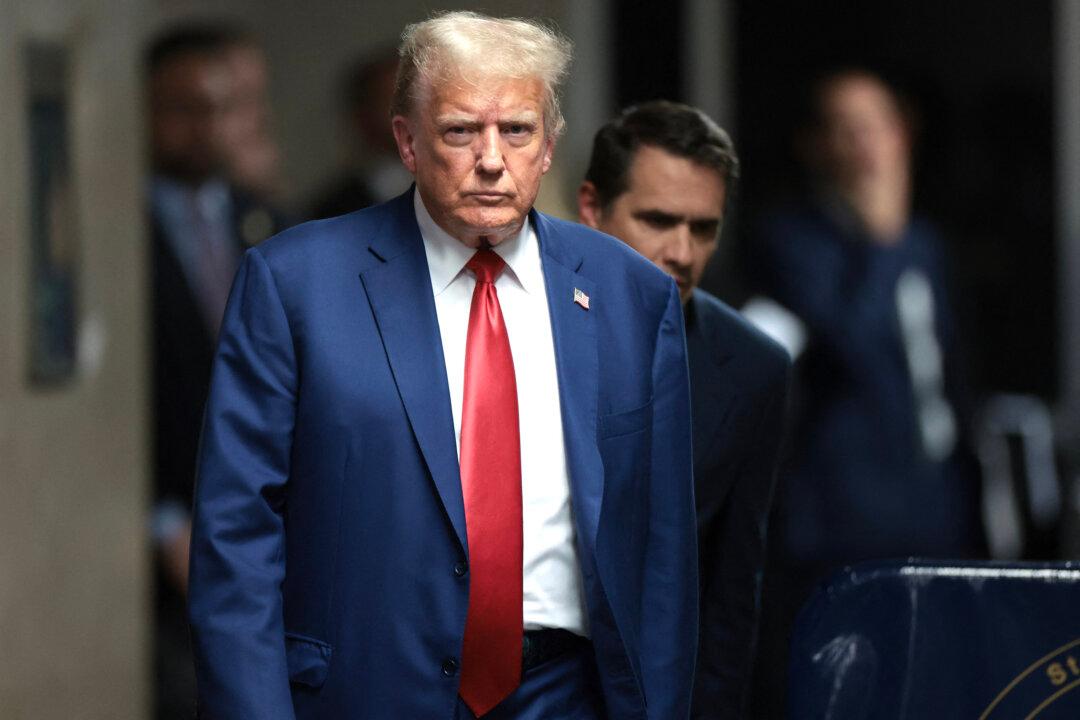Former President Donald Trump on Monday evening said that he is willing to go to jail after a New York judge threatened to incarcerate him for what he said are violations of his gag order.
On Monday morning, Judge Juan Merchan fined the former president for a 10th time but stipulated that he might jail the former president if the violations continue. The order prohibits the 45th president from commenting on witnesses, members of the jury, certain court staffers, and Judge Merchan’s family members.





